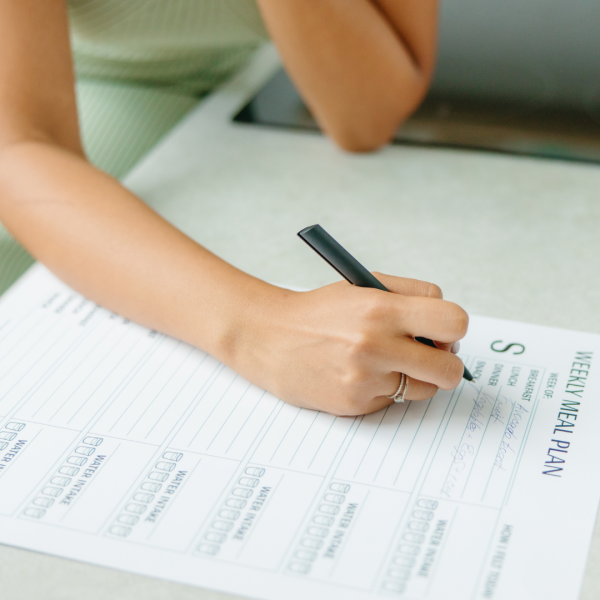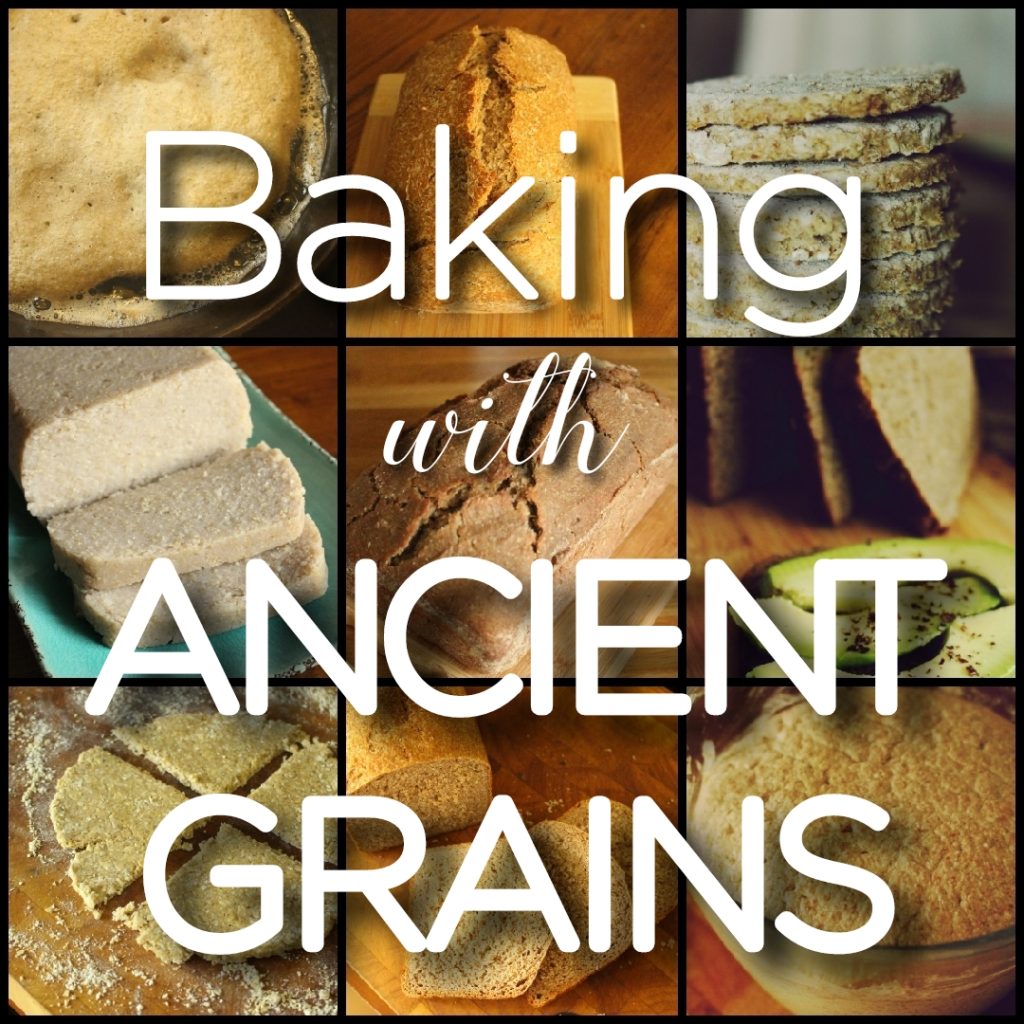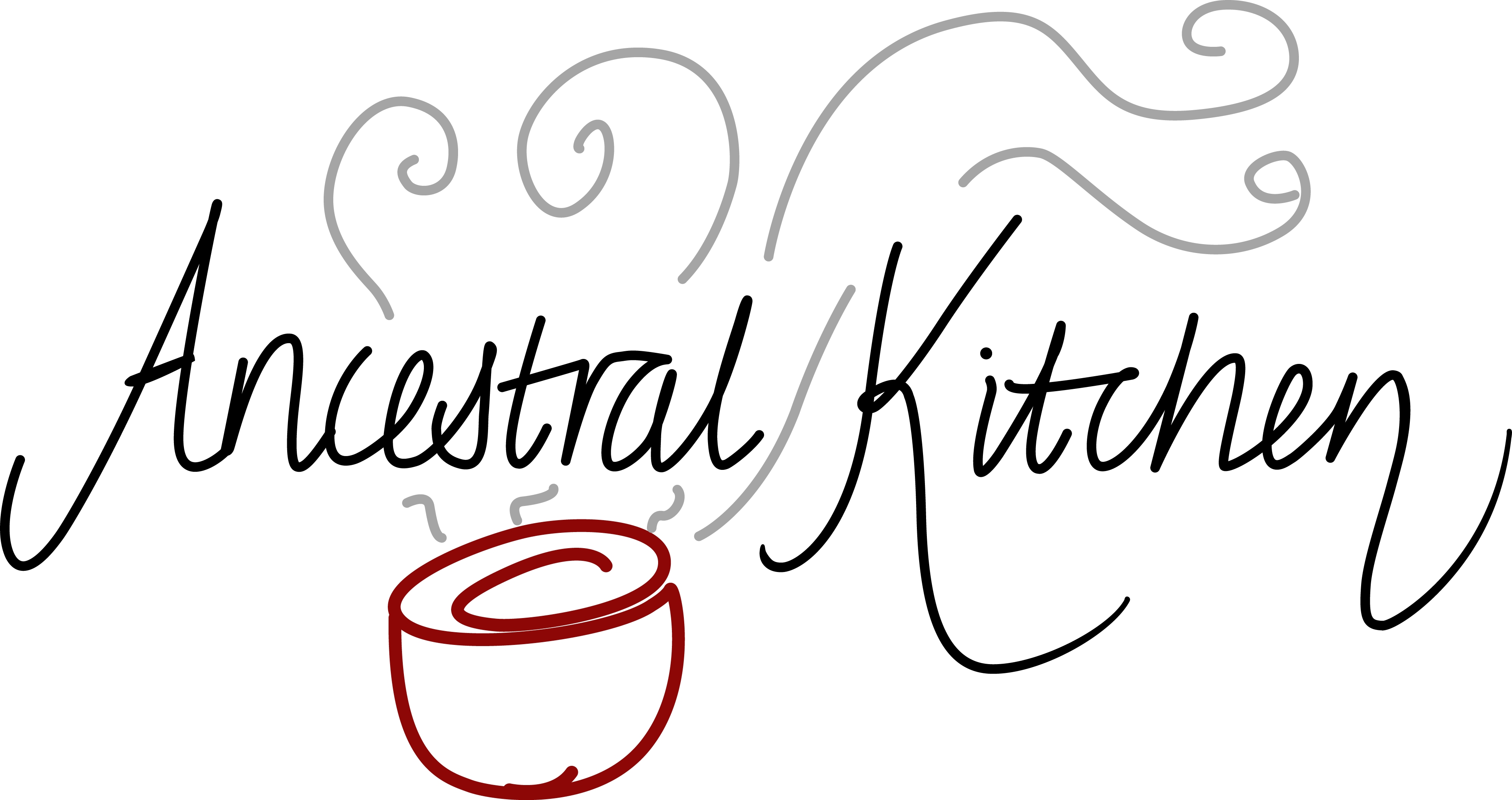If you want to eat more ancestrally, but are struggling to change your food habits, this article can help.
Changing food habits can be daunting. We may have tried before and not achieved what we wanted. We may have very little support. We may have what seems like a mountain to climb.
My journey to ancestral eating was long and winding! I’ve made a lot of changes in my food habits in my lifetime. I’ve lost 140lbs, I’ve eaten raw vegan and then, after two years, reintroduced animal foods in order to heal PCOS, I’ve water fasted, I’ve cut all sugar (including fruit) out of my diet in order to help address menstrual vertigo and, in the process of trying to heal my son, I’ve worked with many diets – including two years on GAPS and forays into AIP and Lectin-Free.
Looking back, some of these were more useful than others, but all of them required massive change in what I was eating. I’ve learnt what helps and what doesn’t along the way and here offer you my top tips for changing food habits below.
This blog post accompanies and expands upon Ancestral Kitchen Podcast episode #74, 14 Tips For Changing Your Food Habits which you can find here.

Before we start, I want to bring up the D word: Discipline. The world would have us believe that changing food habits requires incredible discipline…and consequently we can often blame ourselves when we ‘fail’; recognise the “I’m just not strong enough” response?
When I first started my food changing journey, I applied discipline with incredible determination. And what I’ve learnt is that, even if you can achieve your goal, there are always consequences of disciplining yourself to do something. I’m still living with the consequences of the discipline I apply to myself in my 20s to lose half my body weight and I’ve learnt through subsequent changes that the safest, most long-lasting, a most satisfying way to change your food habits is to apply tenderness, to come closer to yourself and to work gently, step-by-step. Yes, it may take more time, and it may even be more painful, but it will change your whole life for the better!
OK, let’s get onto the tips:
Know Your Why
Being clear and excited about the reason why you want to change your food habits is the biggest determiner of your success.
Is it because you want more energy? Then, think about why you want more energy. What are you going to be able to do with that energy that you can’t do now? How will that impact your life? What will your life look like when that happens? How will you feel?
At age 20, I weighed 240 lbs (over 20 stone, you can see pictures here. Over the next year I went on to lose half that weight. The thing that kept me going was that I was really clear where I was heading. I wanted my 20s to be fun – I wanted to wear nice clothes, be able to move around with ease, to love how I looked when I went out. I held that vision in my head through every decision I made.
What is it for you? Why do you want to change your habits? Time spent getting clear and fleshing out all the details of this will really help.
Work On Your Emotions And Stresses
The stressful situations in your life have a huge impact on your food choices. If you’re angry at your boss or your partner, you’re not going to make a good food choice. If you’re frustrated because you’re not able to express how you feel, you’re going to look for ease in food. Actively find a way to work through your emotions and stresses. Sometimes this can be a simple as being in nature, sometimes more friend time can help.
Clear The Decks
When you’re six inches away from food and hungry (or upset), you are not going to make a good food choice. Clear the food that you do not want to eat out of your home.
Think Ahead
When you are hungry, it’s best to have good food in front of you as that then becomes what you eat. But this requires some planning to make good food easily available when you need it. Perhaps you need to do some bulk cooking at the weekend or have a standby snack available for those times when you’re really tired?
Listen to Ancestral Kitchen Podcast, episode #83: Meal Planning and Ancestral Food Rhythms
Tell Someone What You’re Doing
Accountability can be really helpful when we want to make a change. Finding someone who will support you and telling them your plans can cement the intentions in your own head and also give you an extra boost when you feel most vulnerable. If you can find someone who wants to make changes along with you, even better.
Be Careful Of The Thing You “Have To Have”
It is well-known in food intolerance practice that very often the thing that we “just can’t” give up is the thing that is causing us the biggest problems. If you are suffering with problems that you believe are linked to food, and have that food that you can’t live without, be wary and consider going without it for a stretch of time.
Find Something To Replace It With
Before you give up a particular food, think about what you can replace it with. For example, if you want to cut out gluten but love bread, work on finding or creating a gluten-free bread that you can turn to instead. Or if you want to cut sugar from your diet, think about what else can give you that sweetness (tropical fruit, cinnamon, roasted root vegetables) and actively bring more that into your diet.
Change The Habits You Associate With Food
Food is never eaten in isolation. Things come before it, rituals happen with it, and we do things after it. If you can change those up, you’ll find it easier to let go of unwanted foods.
The clearest example I can give you for this is when I gave up cigarettes. I had previously strongly associated smoking with two things – post-eating and when drinking alcohol. I determined that these could become weak points for me. In order to facilitate breaking my nicotine addiction, I set up my routine to go for a walk after my meal and I stopped drinking alcohol. It made a huge difference; not putting me in a habitual associative state and therefore helping me quit successfully.
Make The Food Yourself
Putting your time, effort and love into creating food is an incredible way to help you avoid overeating on it. Making food yourself changes how much you value that food.
Since I started making chocolate from raw cacao beans at home, the value I place on chocolate has rocketed! I know just how much work has gone into producing it, and therefore I’m really careful about how much I eat it.
Ensure You Are Eating Enough
It is extremely hard to make good food choices and resist food temptation when you are hungry or malnourished. Make sure that you are giving yourself enough energy through food, and that you have a good balance of proteins, carbs and fats. That may mean changing your habitual patterns, for example eating a breakfast, eating breakfast earlier, having a snack, or eating more meals a day.
Give Yourself What You Need Outside Of Food
If you are not paying attention to what you need in life, you are much more likely to turn to food to fill voids.
I find this to be particularly true for women and sweet foods. We need to give ourselves ‘sweetness’ in our lives. We need to feel luxuriousness, we need to feel treated, we need to feel satisfied, we need to feel rested. How can we give ourselves these things throughout our days? Can we rest with a cup of tea on the sofa? Can we spend time rubbing essential oils into our bodies? Can we cuddle up on the sofa with our partner, child or pet? Can we spend an un-scheduled afternoon once a week doing whatever we feel like?
The more we give to ourselves outside of our food, the more we won’t look for those sensations in what we eat.
Find Out What’s More Interesting To You
It’s so easy, if we’ve been plagued by ill-health or simply love being in the kitchen, for us to let food become the centre of our worlds.
It’s important to find other things in our lives that are more interesting to us than what we are about to eat. What holds you spellbound? Creative pursuits are wonderful for this. Do you have a garden? Do you like to paint? Can you knit/weave/crochet? Can you join a choir?
The more we can build these pursuits, the more balanced our awareness will become. This way our lives become full of little centres of interest and excitement of which food is just one.
Breathe
Creating space between my actions has really helped me in my food journey. It’s not been easy: held in the grip of an addiction, the last thing we want to do is pause; we want to just eat the chocolate! But if we can slow ourselves down and breathe, we open up an opportunity for conscious choice to get a look-in.
This habit, of pausing, is something that gets stronger the more we practice it. And the good news is we can practice it in many areas of our life – pausing to breathe before we respond in anger, pausing before we answer the telephone, pausing before we choose our next action. Each moment we practice it, we build muscles to help us deal with our unwanted food habits.
Do It, With Consciousness
When my husband first suggested to me that, upon wanting to eat a sweet treat that deep down I knew was wrong, I should eat it anyway but do it slowly and consciously, I went crazy at him!
Of course I shouldn’t be eating the food! That was a problem in the first place!
A decade on, although I still balk at this idea, I’ve had experience of doing it and know it changes the energy of a situation.
Sometimes giving ourselves the ‘bad’ thing that we want can be a step forward in our food journey. If we can eat that food calmly – enjoying every single crumb, and consciously – noticing what we feel and what it brings us, we can not only satisfy ourselves but also learn a lot.
Good support can go such a long way to our success in changing our food habits. My podcast has nearly one hundred informal, fun, supportive episodes. Check Ancestral Kitchen Podcast on your app or find it here.

Bring ancient grain baking into your kitchen!
Download my free 30-page guide with five healthy and tasty 100% ancient grains recipes.

